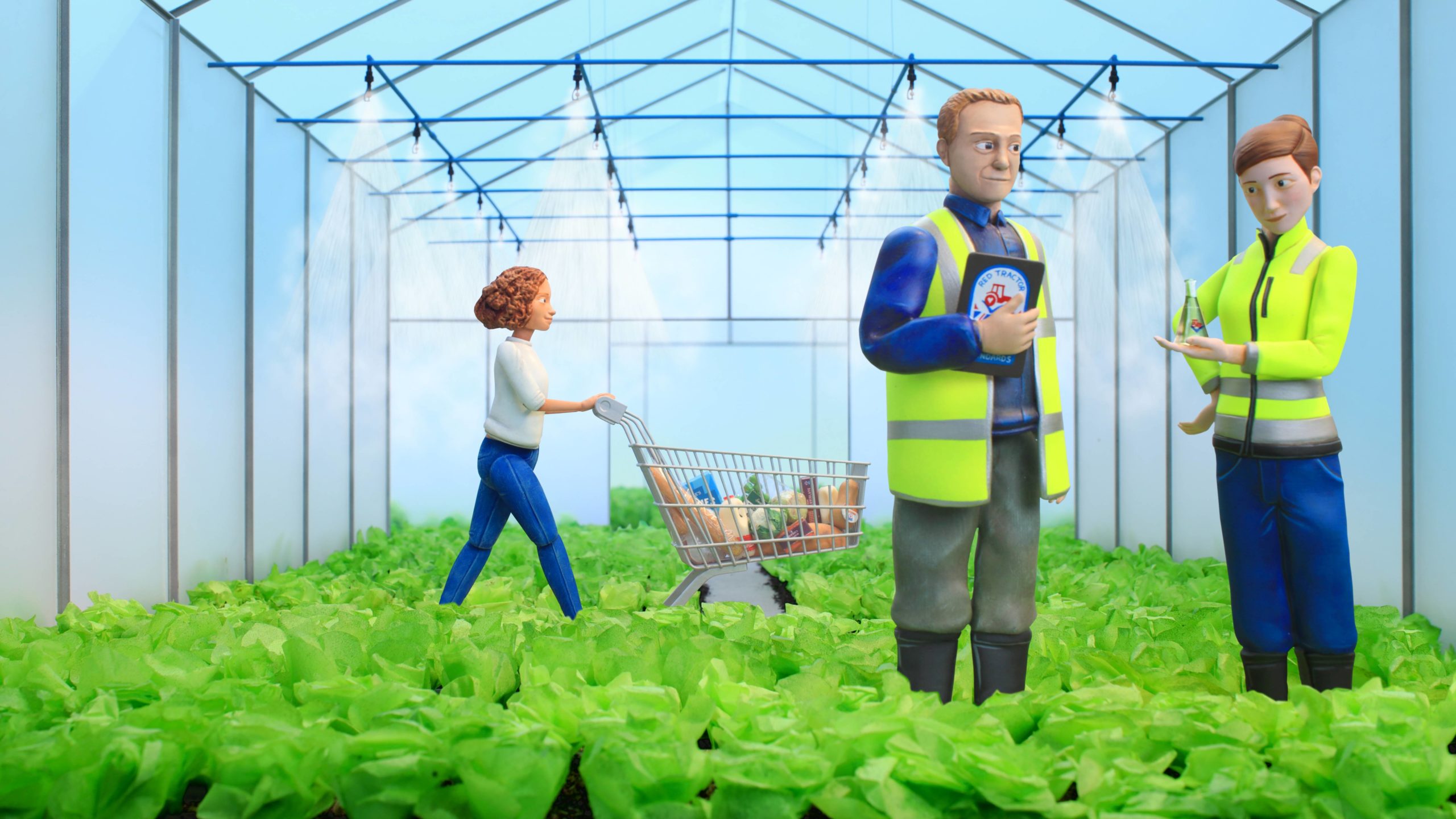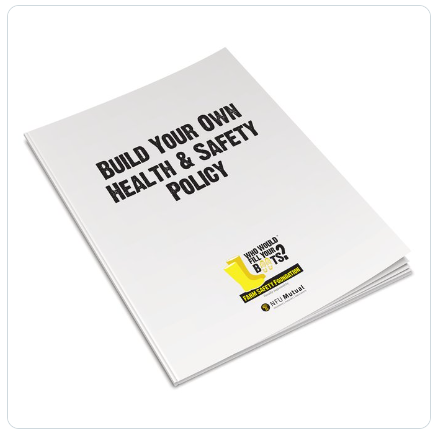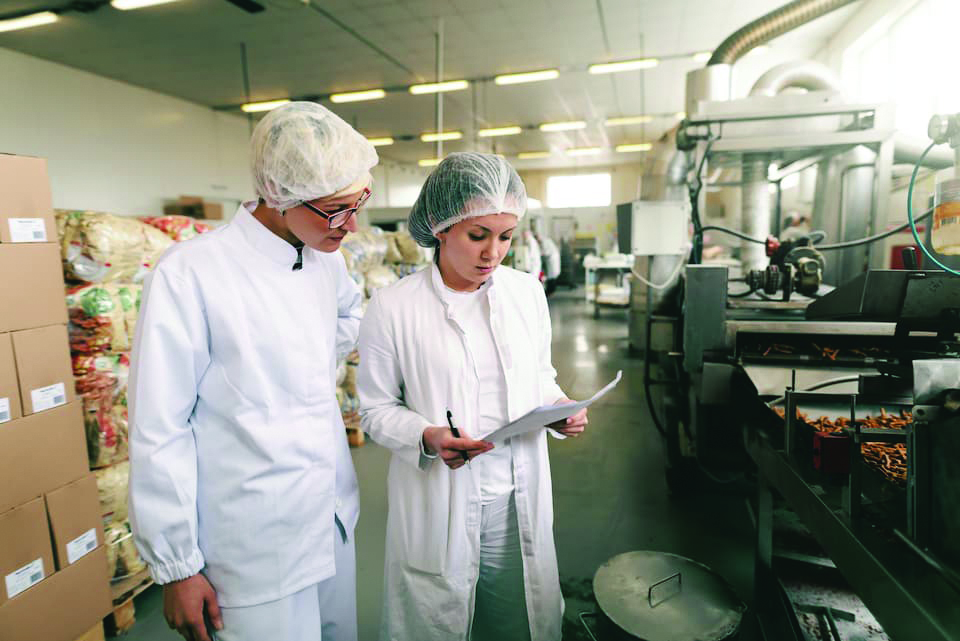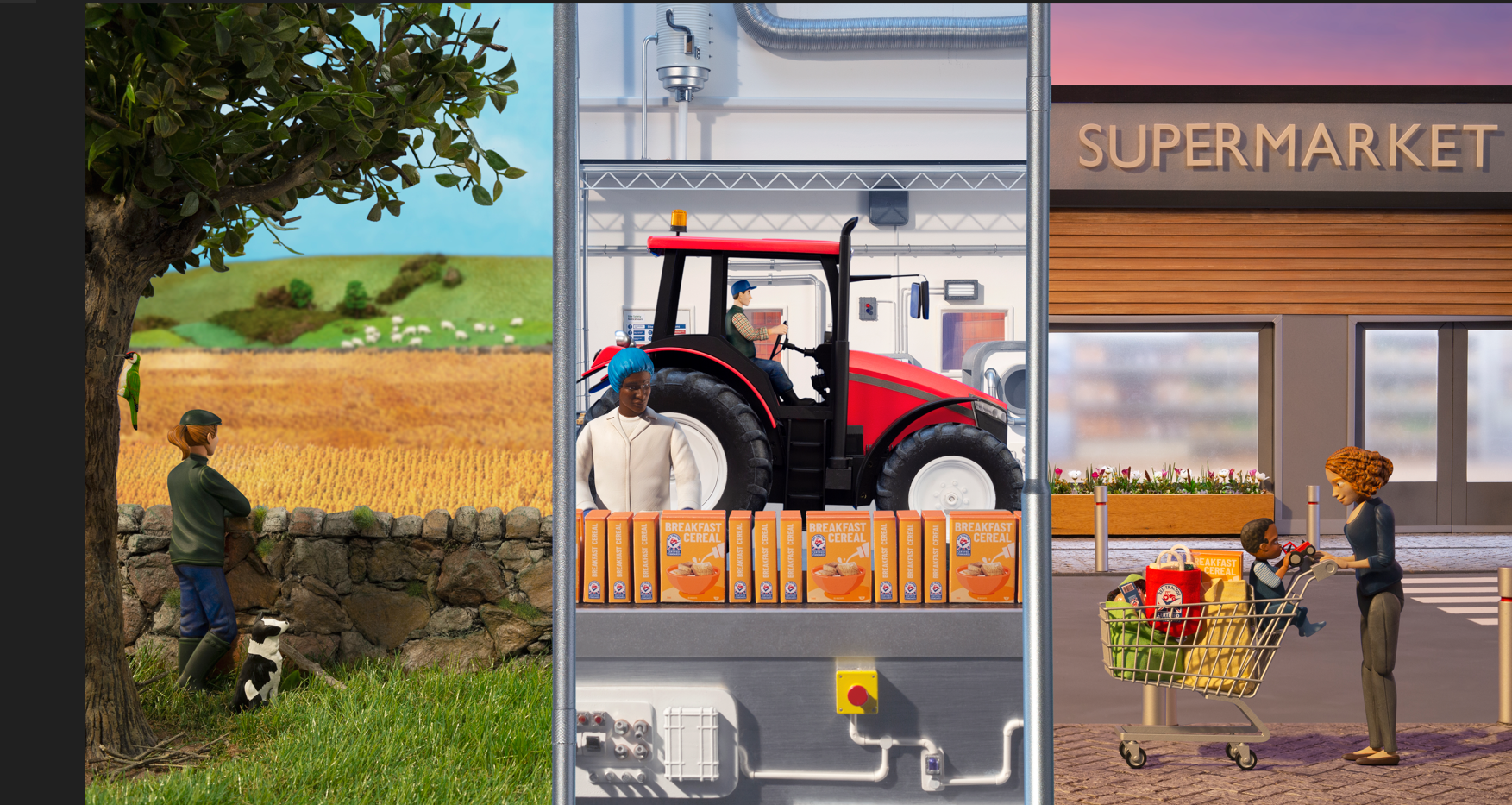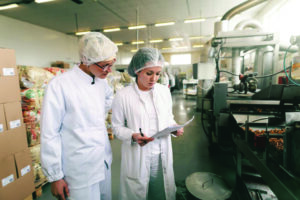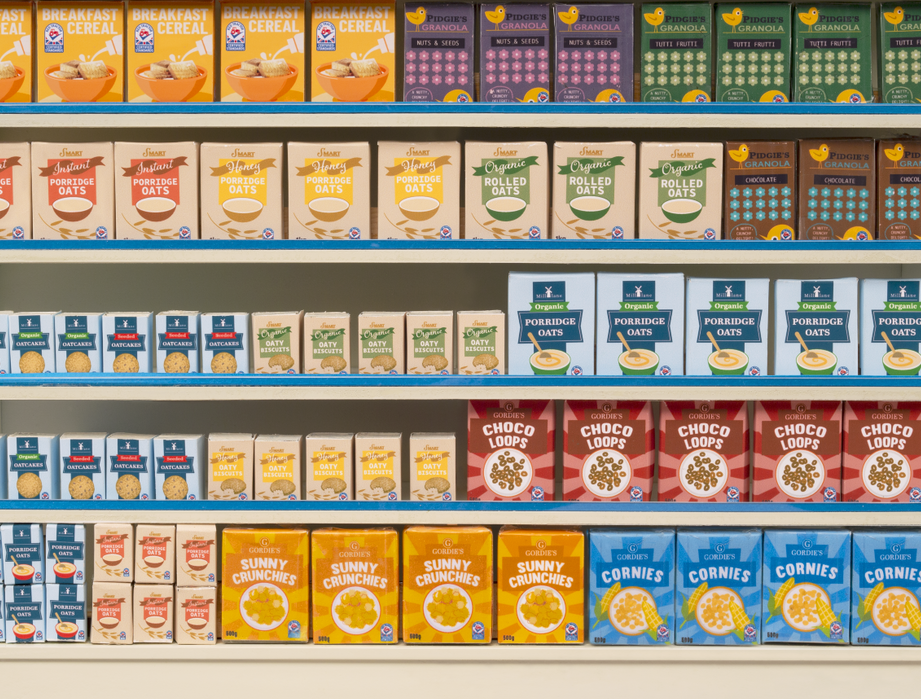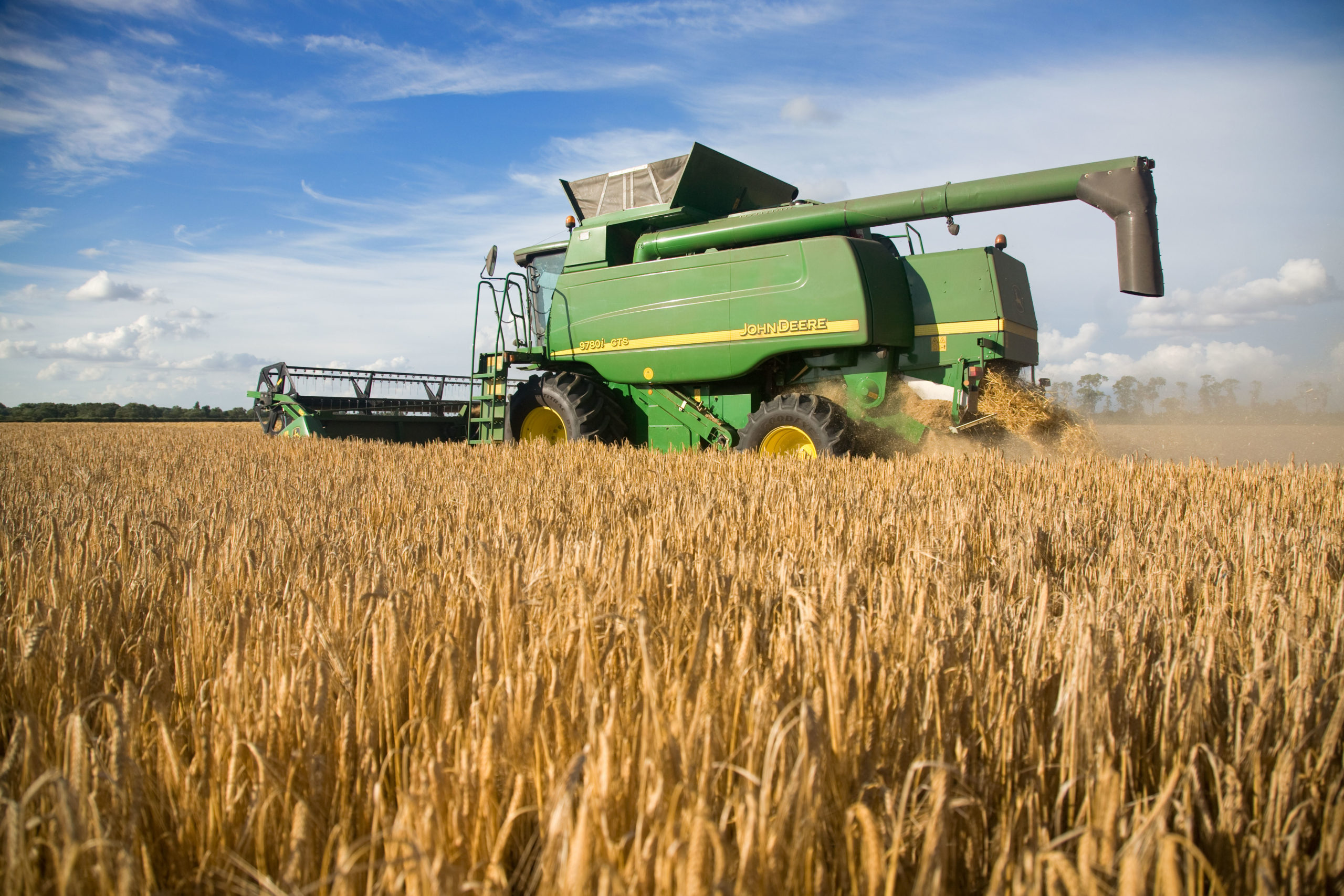By demonstrating good compliance with Red Tractor standards you are meeting the requirements of partner agencies, UK regulators and industry voluntary initiatives. As a result, you are rewarded with less frequent enforcement inspections. This ‘earned recognition’ is an important and little understood way in which we support you.
How is Red Tractor eligible for earned recognition agreements?
Red Tractor uses independent Certification Bodies to manage the day-to-day running the of sector schemes and carry out assessments against our standards on our behalf so we don’t mark our own homework. In addition, the United Kingdom Accreditation Service (UKAS) assesses all our certification bodies to ISO 17065, which means that their performance is monitored through annual office inspections and shadow audits. They also make sure that any changes we make to our standards are fully auditable. With all this in place, it means that the Red Tractor scheme meets the necessary requirements for earned recognition arrangements with regulators.
Why don’t all food and farming schemes have this arrangement?
This system only works if regulators are confident the scheme is robust and worthy of recognition. All parties must be trusted and must work together to ensure audits are meaningful- and that the scheme can demonstrate that it covers legal requirements and can share aggregated scheme data performance- We never share individual farm assessment data.
What does it mean for me?
When it works well, it is good for everyone involved and is a hidden benefit for you. It means fewer non-Red Tractor inspections than you would have otherwise had. It also means that regulators and enforcement bodies can focus their resources on farms where the level of legal compliance is unknown. These farms can pose a significant threat to the reputation of British Agriculture which in turn means the reputation of your business.
View from a regulator
A FSA representative said, “We are pleased to be working closely with Red Tractor to provide assurance that food carrying the logo is safe and is what it says it is. The arrangements we have in place for approving assurance schemes, and for ongoing data sharing, mean that members of these schemes benefit by having fewer inspections from the Food Standards Agency (FSA) and local authorities.”
View from a farmer
A West Sussex Dairy Farmer “I’ve been a dairy farmer for more than30 years, and still remember the bi–annual Dairy Hygiene Inspectorate visit. Being Red Tractor assured means that today there is only one of these inspections every decade.”
Other earned recognition partnerships.
Earned recognition also applies in other areas where you are exempt from having to jump through additional hoops to access markets or to prove good farming practice. Registering as a recognised scheme for the EU’s Renewable Energy Directive (RED II), is a streamlined approach to ensuring that crops and sugar beet members are automatically granted free access to the growing biofuels markets in the UK and across Europe – reducing bureaucracy, costs, and inspections.
The Voluntary Initiative (VI) promotes the responsible use of pesticides and Red Tractor is key to helping the industry delivering this. By incorporating these goals within Red Tractor standards, we provide a verification that you are adopting Integrated Pest Management (IPM) plans and principles, lessening the likelihood of increased regulation.

